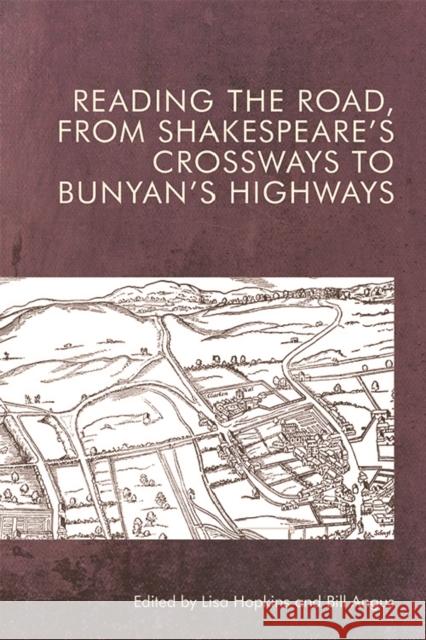Reading the Road, from Shakespeare's Crossways to Bunyan's Highways » książka
topmenu
Reading the Road, from Shakespeare's Crossways to Bunyan's Highways
ISBN-13: 9781474454117 / Angielski / Twarda / 2019 / 272 str.
Reading the Road, from Shakespeare's Crossways to Bunyan's Highways
ISBN-13: 9781474454117 / Angielski / Twarda / 2019 / 272 str.
cena 514,26
(netto: 489,77 VAT: 5%)
Najniższa cena z 30 dni: 470,97
(netto: 489,77 VAT: 5%)
Najniższa cena z 30 dni: 470,97
Termin realizacji zamówienia:
ok. 22 dni roboczych.
ok. 22 dni roboczych.
Darmowa dostawa!
Kategorie:
Kategorie BISAC:
Wydawca:
Edinburgh University Press
Język:
Angielski
ISBN-13:
9781474454117
Rok wydania:
2019
Ilość stron:
272
Waga:
0.54 kg
Wymiary:
23.11 x 16.0 x 2.03
Oprawa:
Twarda
Wolumenów:
01
Dodatkowe informacje:
Bibliografia











